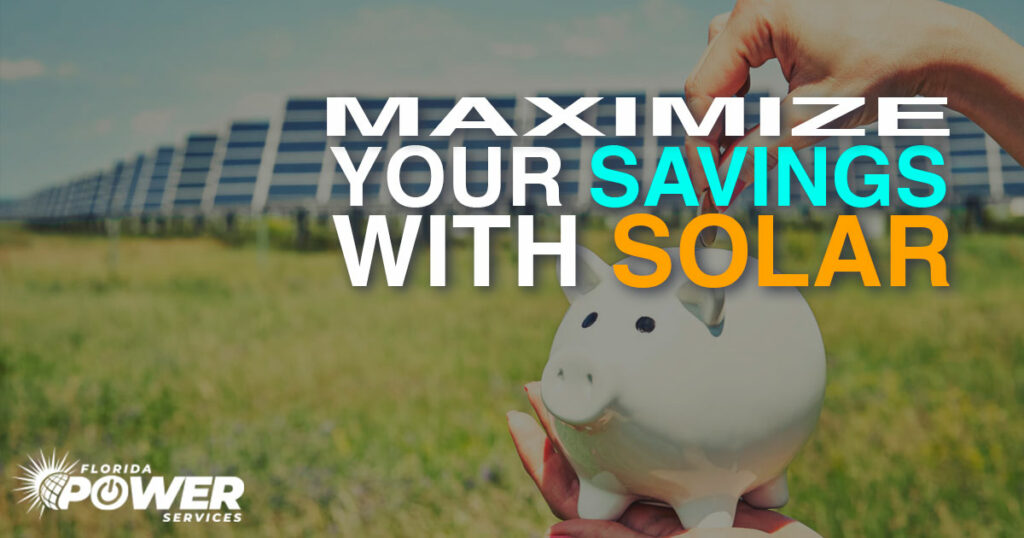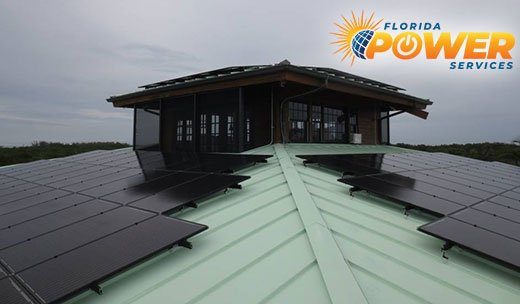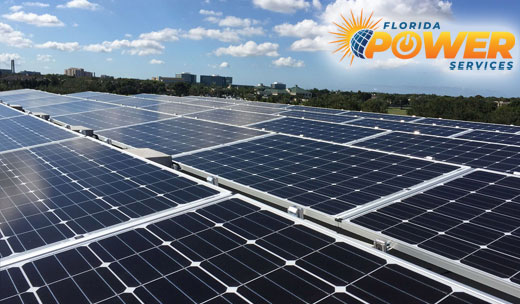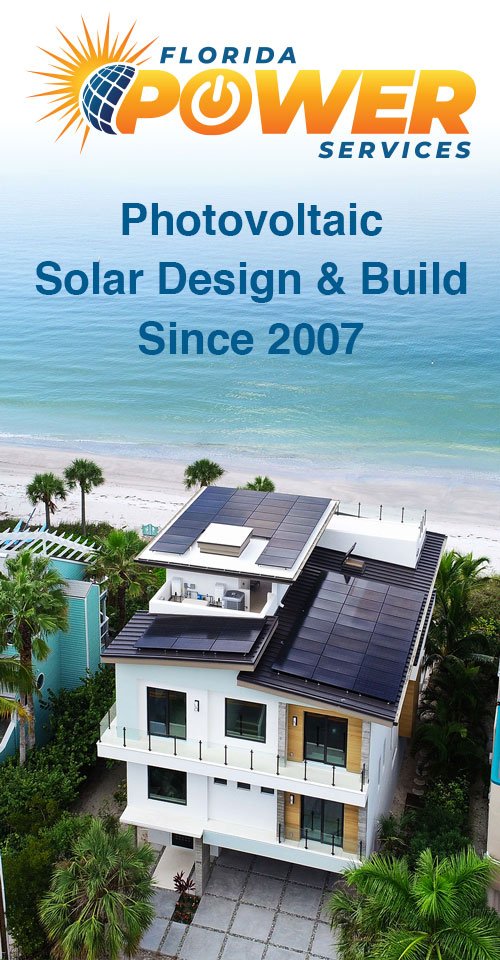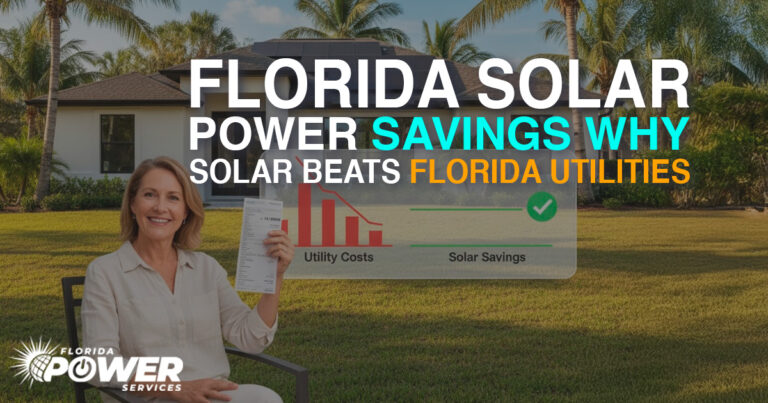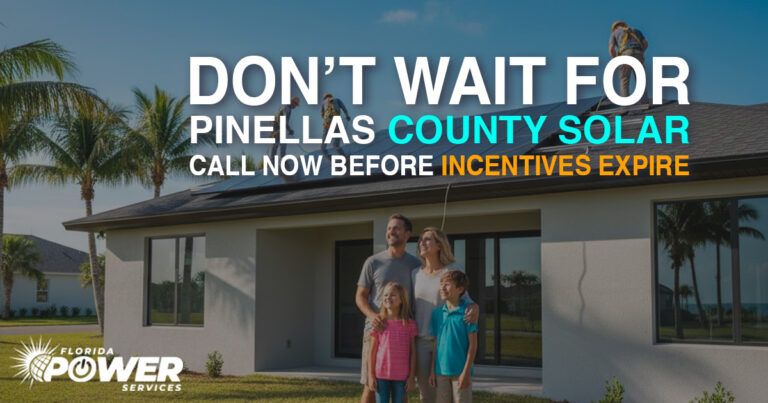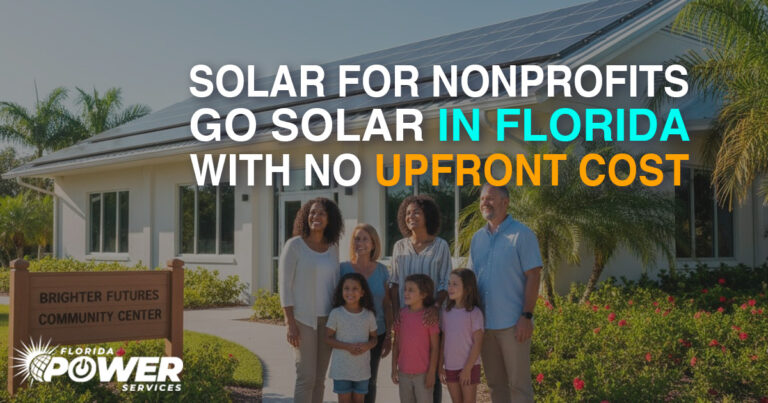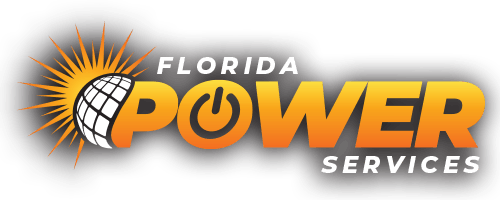When prospective solar power users consider switching, how to get their savings is one of the biggest questions. What is the true potential to lower costs and increase savings? The answer can vary depending on several factors. But one thing is sure: the sooner you switch to solar, the more you save.
The benefits of switching to solar are undeniable. Not only will you be helping reduce your environment and carbon footprint, but you can also reduce your power bill. You can save up to 181% on utility bills in the long run. Even if you finance your solar system with loans, you can save up to 54% on utility costs in the long term.
This article will provide precise and accurate financial estimates on how you can maximize your savings with solar.
How Much Can I Save With Solar Panels?
For example, your utility costs over 25 years equal $119,671. You will receive a profit if you have a solar power system that you paid for out-of-pocket rather than a loss. Specifically, you can earn about $96,875 over 25 years. You can get a better idea of your savings over time by referring to the figure below. As you can see, utility costs will only continue to rise. If you continue to use traditional grid-connected power, you will be at a loss no matter what. However, with solar, you can gain $55,224 to $96,875. Whether you pay with cash or a loan, you will get a return on your investment. In addition to the rising cost of electricity, you must also consider the following:- How much are you willing to invest in your solar power system?
- How much will your solar power system cost for initial installation and equipment?
- What kind of tax breaks do you get for solar power?
- Will you be completely off-grid or use a hybrid system?
- What equipment do you want?
- Your location
Average Cost Of Solar Panels And Installation in the US
Determining your initial costs is the first step to getting an accurate savings estimate on your solar investment. While installation costs depend on various factors, the average US cost is $25,000. However, your initial costs can range from $23,500 to $35,000, depending on the type and model of your solar power system. Florida’s average cost to install solar panels is less than the national average. As of December 2022, the average cost for solar panels in Florida is $2.56/W. If you install a 8kW system, you might be looking at a total cost of about $20,000 to $23,500. You’ll end up paying less than that after accounting for government solar incentives. The US also offers a Federal Tax Credit for renewable energy systems. So, customers who opt for solar between 2022 and 2032 are eligible for up to 30% tax credit on their entire system and installation costs.Tips to Maximize Your Savings With Solar
Here are some helpful tips to help keep your solar panels in tip-top shape and get the most from your investment.Select the Appropriate System for Your Home and Needs
Once you’ve figured out your costs, it’s time to start shopping. But you’ll need to schedule an energy audit first. That way, you can determine your home’s energy needs and the best ways to limit your usage. You can still benefit from an energy audit, even if you’ve had solar panels for a while. The point of an audit is to help you figure out if your current system is suitable for your needs. If not, consider upgrading or expanding your system. There are several important factors to consider when choosing a solar power system, including:- How many family members live in your household
- How much sunlight your roof receives (if you live in the sunshine state, you have greater access to direct sunlight)
- Whether or not you have a solar battery storage
Use Your Solar Panels in the Daytime
Solar panels need direct sunlight to collect energy. Therefore, the best time to use your solar panels is daytime. When the sun goes down, you might need to source solar power from your battery if you are not connected to the grid. Also, powering appliances and gadgets will deplete your batteries, which need to be charged during the day. So, use your solar panels in the daytime as much as possible. That will prevent draining your solar batteries too fast. Try to charge all your electronic devices throughout the day. Likewise, gadgets or rechargeable batteries can stay plugged in throughout the day. For example, if you have a rechargeable vacuum, keep it charging throughout the day. Lastly, you can put a timer on your appliances as a reminder to turn them off at the end of the day.Try Not to Drain Too Much Energy on Appliances
All of the appliances in your home will quickly drain solar energy. For example, your dishwasher and stove use a lot of energy. If you constantly run them throughout the day, you might deplete the energy you draw from panels too quickly. That will unnecessarily strain your system and drain your batteries faster. However, if you use your appliances wisely, you can increase your solar power efficiency. In turn, you will have more solar power efficiency and increase your solar savings. One practice for maximizing solar savings is to use one appliance at a time whenever possible. For instance, if you’re doing laundry, wait until that’s finished to start the dishwasher. Using appliances separately helps to preserve energy and increase your savings on money and power.Keep Your Solar Panels Clean
Solar panels that work efficiently will provide the most significant savings. Unfortunately, dirt, debris, leaves, sand, and other particles can hurt your solar panel performance. Most of the time, a rain shower can eliminate a large portion of the debris. However, you should schedule a cleaning for your solar panels after a dry period. Periodic cleaning is critical to keep your panels performing at peak efficiency. You can hire a professional to clean your solar panels. You can do it independently, but we don’t recommend it for roof panels. The roof is high up, and the cleaning process can be dangerous for someone who doesn’t know what they’re doing. In addition, you could accidentally damage your panels. If your panels are ground-mounted, you may be able to clean them yourself. Here are a few tips for cleaning your ground-mounted panels:- Thoroughly read your panels’ instruction manual to ensure you know how to turn the system off. If you are unsure, contact your installer for help.
- Clean the panels with a wet, soft cloth or sponge. Using filtered or distilled water is best to avoid leaving streaks or mineral buildup.
- Give your panels another wipe-down in the morning or when the outdoor temperatures drop. The heat can cause the water on your panels to dry quickly, which could leave streaks.
- Refrain from using abrasive cleaning products on your solar panels.
- Consult your installer before performing any pressure wash.

